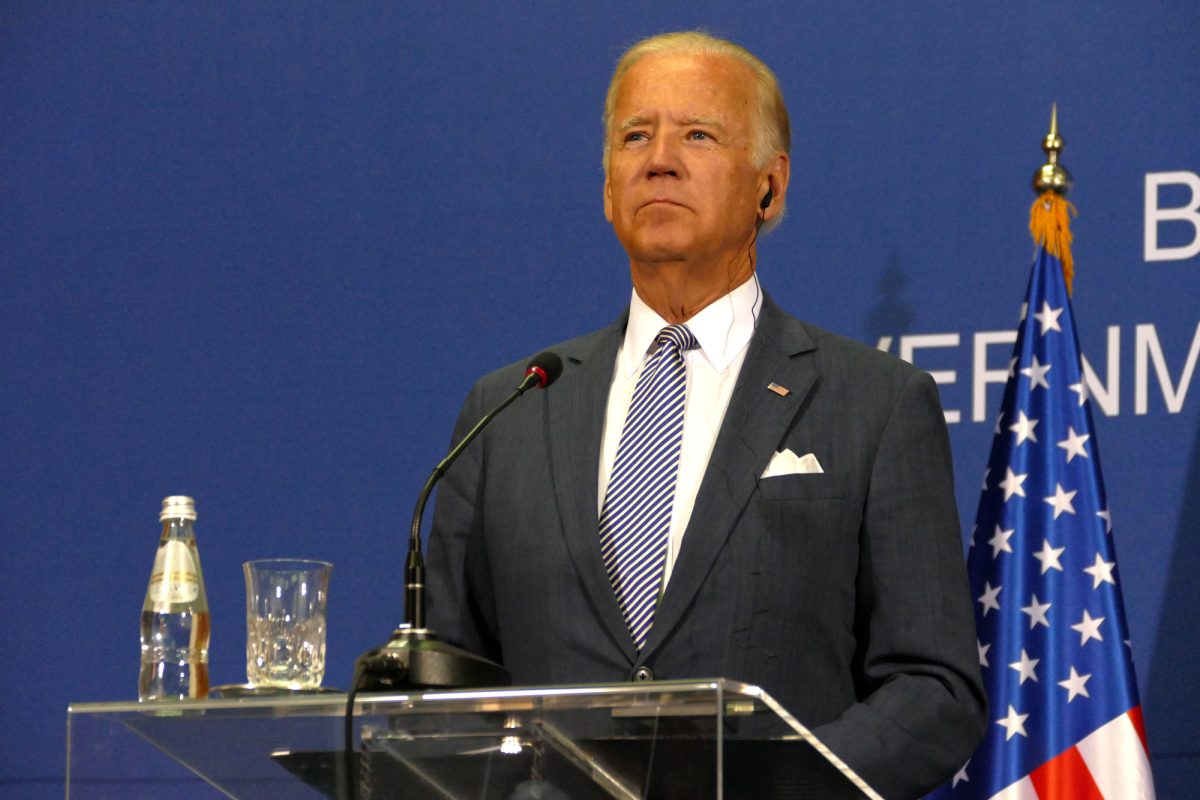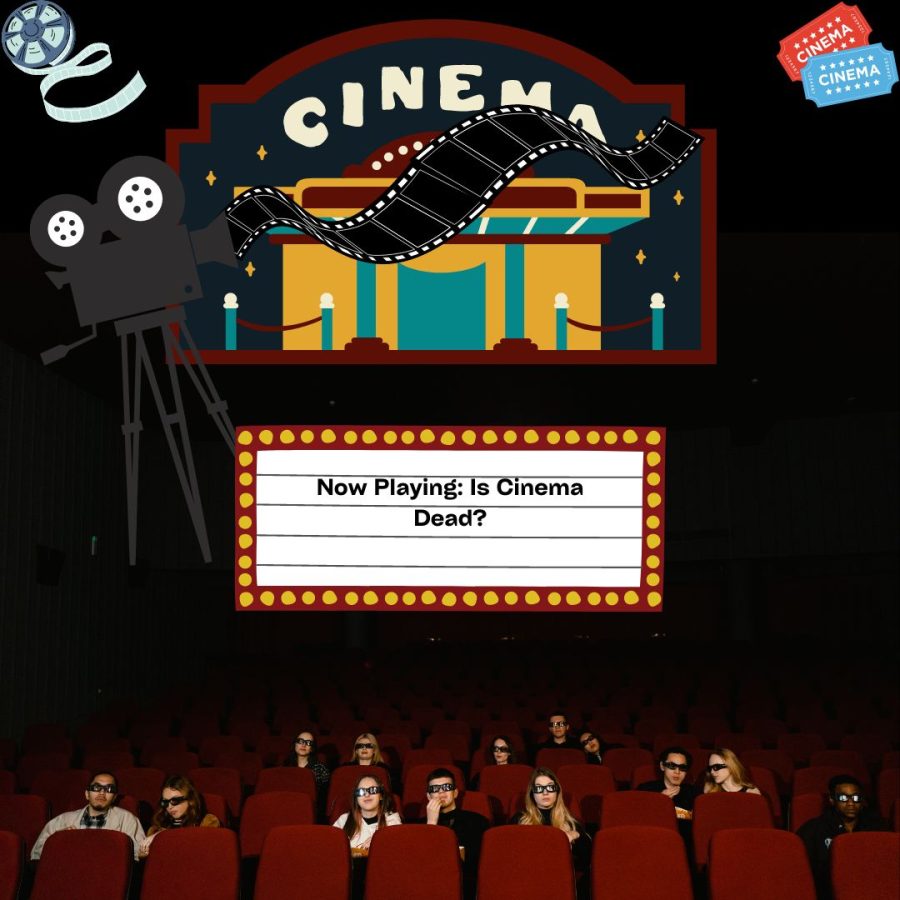Le Pouvoir en Un Prophète
November 22, 2019
Un Prophète, a film directed by Jacques Audiard and released in 2009, is about the six years a young french man named Malek El Djebena spends in prison for attacking police officers (it is hinted at that he was innocent and racially profiled, but it is never ultimately revealed if this was, in fact, the case). Early in his sentence, he becomes targeted by a mob of Corsicans and threatened into committing a murder for them. El Djebena reluctantly carries the murder out and ends up trapped under the thumb and control of the Corsicans, who use his feelings of guilt to manipulate him further and alienate him from the other Arabs in the prison. The plot then follows multiple different string of events happening in Djebena’s time in prison, including his further involvement with the Corsican gang, his attempts at getting an education, his befriending of various people including another Arab man who leaves prison early due to cancer and a drug dealer who gets him involved in his business. All of these various areas of his life exist with an overlap of each other but ultimately in isolation until the film’s finale, which uses all of El Djebena’s connections and skills in harmony with each other.
The writing and acting in this film are absolutely superb. Tahar Rahim, who plays El Djebena, is able to effectively portray various emotions and mental states throughout the film, not only switching from grief, shock, horror, and even perverse joy at the drop of a hat but showing the gradual development and change of this character into a more violent and destructive person, simultaneously as he develops into a more educated and connected person. Such different states would be incredibly challenging to portray at once for most actors, but Rahim is incredibly convincing in the role. The other actors do not portray the same gauntlet of emotion and experience that Rahim does, but Niels Arestrup, who plays the head of the Corsicans, Cesare, is incredibly effective at portraying a character equally ruthless and pathetic, and Adel Bencherif plays El Djebena’s friend well, portraying extreme emotions in his own way. The dialogue and writing bring out the best of Rahim’s acting. The film moves slowly enough that the viewer is able to see the transition in the character as it happens, and the dialogue does a very good job at sharing not only the state of the characters but also many of the deeper overarching themes. It moves a bit slowly at times, but it never gets hamfisted.
The camera and music also bring out the emotional intensity of the film. The photography of the film is interesting in that it is both artistically framed and also very realistically framed. Every moment looks as one imagines it would in reality, with no special camera placement beyond showing the events of the scene, yet each frame enhances the feeling of the scene and creates an illusion of both the physical and mental experience (although there are some more artistically framed scenes, they still do not go beyond showing the physical events that are occurring, except in a few dream/hallucination sequences). The music is sparse and only occurs in moments where it is able to fully bring out the emotionality of a scene. such as those without dialogue that show one or two characters. This is not only good use of it, but the music itself is incredible and is full of emotion.
The topic of power in this film comes across as a question of which is more important: physical power or power over the self?
The film never entirely resolves this- even when things turn positive for Malek, he uses mental and physical power to get to that point, and before that, his subjugation at the hands of Cesare was both mental and physical. Cesare threatened to murder him if he didn’t obey, but Cesare was also able to manipulate his guilt and disconnection from the people who share his culture to get him to agree. One climactic moment of the film has Malek in solitary confinement for forty days and forty nights, a reference to both the Bible and Quran and shortly after a scene where he is told by a hallucination about the prophet Muhammed’s isolation before hearing from the angel Gabriel.
The scene with Malek in solitary is a clear allusion to this, as he comes out in control of himself, no longer manipulated, and confident, showing that the mental strength and power he gained in solitude was able to free him. However, the allusion ends and it is shown that he used this mental power to gain physical power that ultimately is what primarily protected him. This presents an idea of the power of the mind leading to physical power and control over one’s situation. However, whether he ever is finally in control is left into question, as Cesare’s grooming into the mob and violence seem to stick with him and he ends the film still a changed person heavily involved in that line of work.
This form of power imbalance has an important message for everyone watching the film, regardless of circumstance (hopefully the people reading this are not in a literally similar situation, but even if you are, the message especially applies). In the film, Malek originally has physical power exerted over him but it quickly becomes mental power as Cesare uses guilt and manipulation to make up for his lack of associates once there is a prison redistrict. As this mental power is exerted over him, he slowly starts to change and become more like Cesare. While he attempts to gain connections and control over his life in other areas, this change in the type of person he is and his submission to Cesare make almost everything turn out spoiled or bad in one way or another.
At this point, his subjugation is a mindset. As soon as he breaks out of that mindset, he is able to regain physical power and events start happening slightly more positively, but at the same time, he and his circumstances have permanently changed. A clear message is here. Sometimes, when it seems like a person has physical power over us, it might be the case that it is simply mental power. In these cases, it is very important to identify this, find and access your own self, and use that to break away from this manipulation and control, for it can reach into all aspects of life and sour them. While there may be changes in circumstances and personality, it gets worse the longer you let it go on, and there is always a way to break away from the main situation. Applying to the readers of this newspaper, it is a message to people who feel like someone else is exerting negative control or power over them, such as people in an abusive relationship. If you can identify the control as mental manipulation instead of physical power, then it is important to break away from that mental space to getaway. In the wider world, this message can apply to various people, regardless of the situation, and is one people will definitely benefit from seeing and learning.
5/5 stars.






























